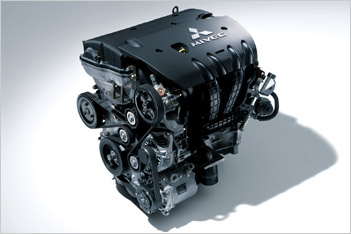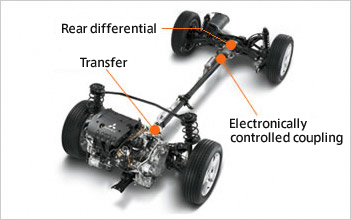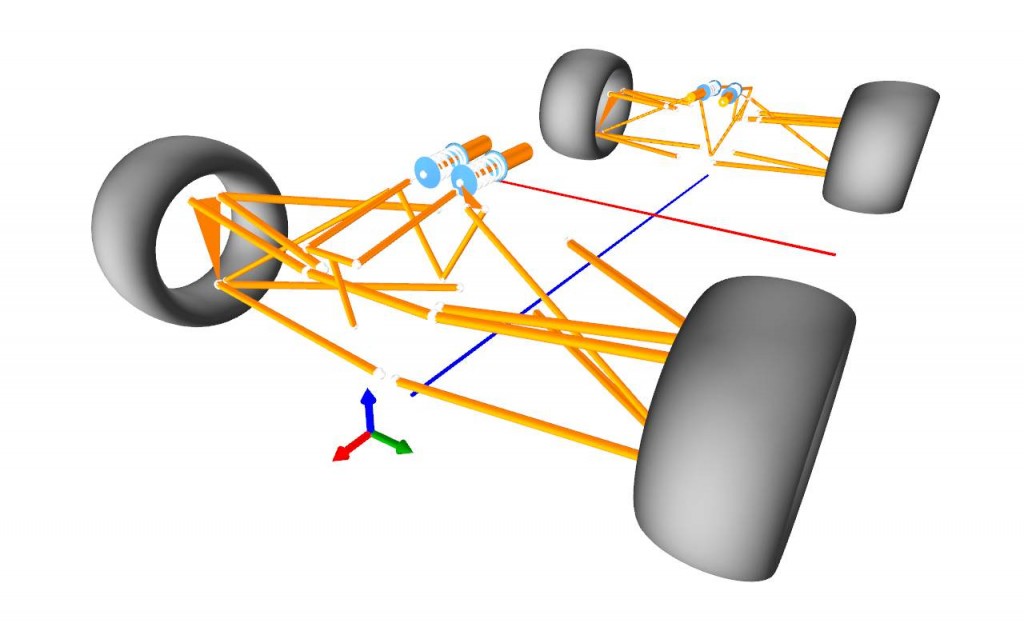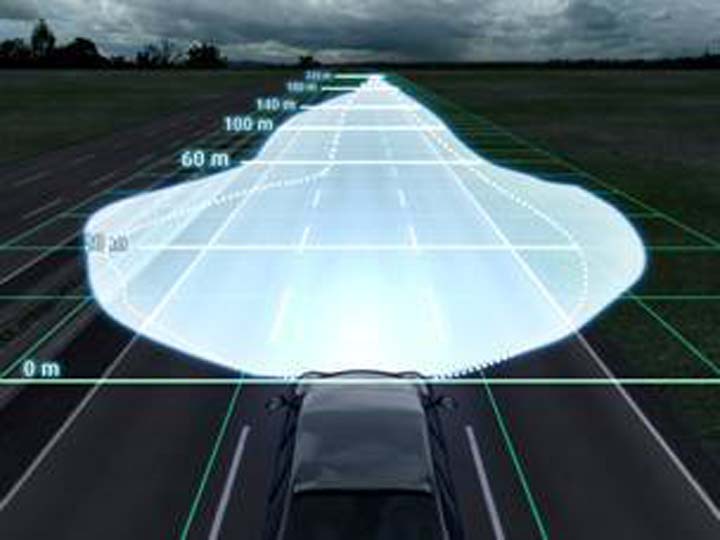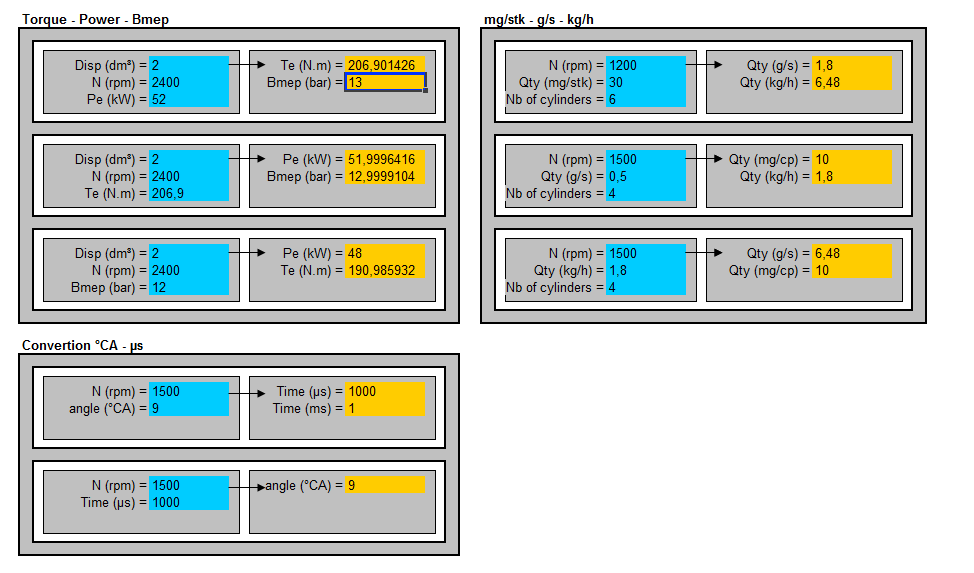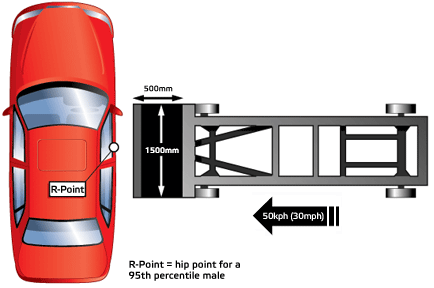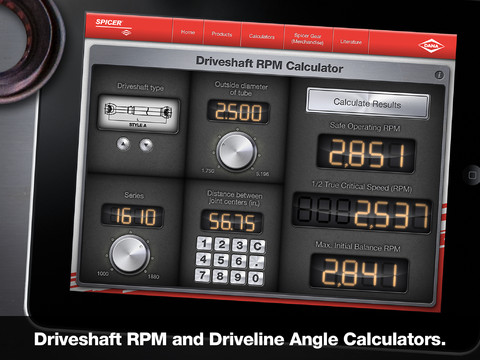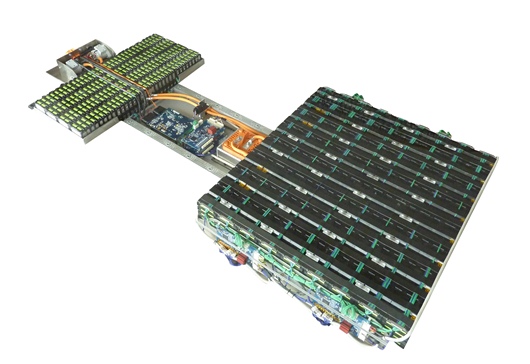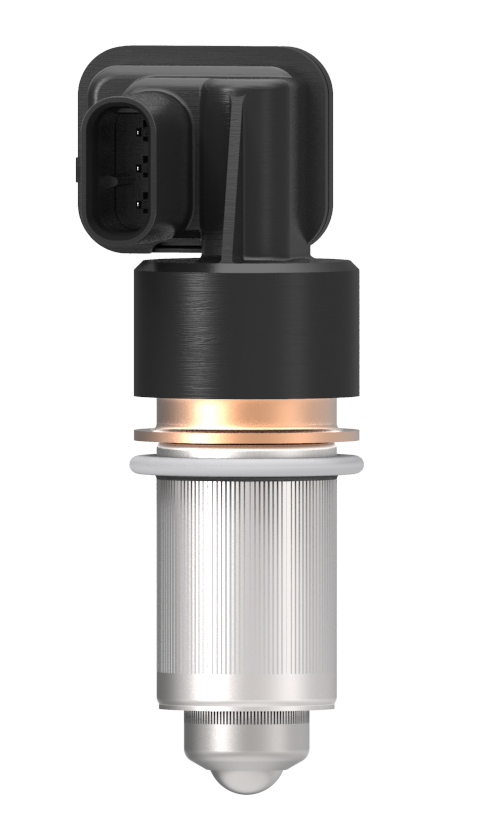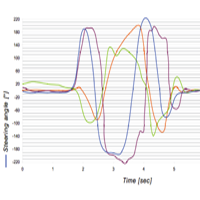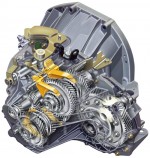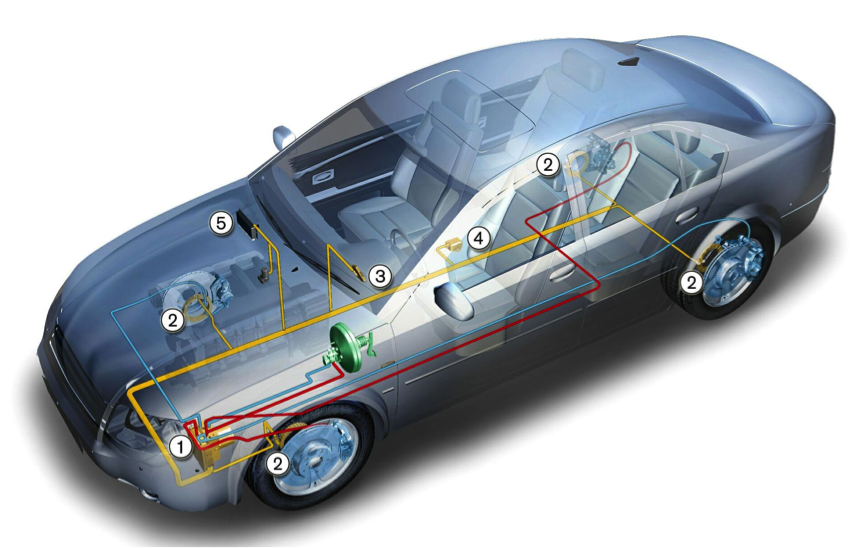TOYOTA Racing unveiled the revised TS030 HYBRID car which will spearhead the team’s quest for victory in the Le Mans 24 Hours and the FIA World Endurance Championship (WEC) this 2013 season. Following a successful roll-out earlier this month, TOYOTA Racing begins the first full test of the 2013-specification TS030 HYBRID at Paul Ricard in southern France tomorrow.[image_frame style=”framed_shadow” align=”right” alt=”TS030 Hybrid Roll Out Test” title=”TS030 Hybrid Roll Out Test” height=”220″ width=”200″]https://www.car-engineer.com/wp-content/uploads/2013/02/2013-TS030-Hybrid-e1361306031359.jpg[/image_frame]
Alex Wurz, Nicolas Lapierre and Kazuki Nakajima team up again in the #7 TS030 HYBRID. The #8 will compete outside of Le Mans for the first time, with Anthony Davidson, Stéphane Sarrazin, and Sébastien Buemi driving.
The team will again utilize the TOYOTA HYBRID System – Racing powertrain, developed exclusively for motorsport by TOYOTA’s Motor Sport Division in Higashifuji. A unique super capacitor-based hybrid system delivers 300hp of boost automatically, on top of the 530hp generated by a 3.4 liter, normally-aspirated V8 petrol engine. The TS030 HYBRID chassis has also been modified for the upcoming season, with increased performance, reliability and serviceability the priorities. A revised aerodynamic package, including an updated monocoque, will deliver improved performance whilst minimizing the impact of updated regulations in 2013 which increase the minimum weight for manufacturer LMP1 cars by 15kg.
Pascal Vasselon, Technical Director:
How significant is the update to the TS030 HYBRID?
There is a major regulation change in 2014 so this year’s car has to be an evolution of our initial concept. The obvious target is to fix all the little issues we have found during the last season. The very first one is that the 2012 car, being a laboratory car, was able to accept front and rear hybrid systems, so we have redesigned the monocoque to optimize it without the front motor. Last year’s performance was very satisfying and we felt we ticked most boxes so there has been no concept change, just refinement and optimization of the 2012 car.
What was the reason to retain all six drivers?
We thoroughly enjoyed working with Alex, Nicolas, Kazuki, Anthony, Stéphane and Sébastien in 2012 and their performances more than justified our choice. Retaining the same drivers was an easy choice. As well as showing impressive speed and great team spirit, they all contributed to developing the car and team during our first season. With a limited testing program, their experience and dedication was a major factor in helping us win races in our first season of WEC. We cannot imagine a stronger driver line-up with which to approach next season.
Hisatake Murata, Hybrid Project Leader:
How do you evaluate the performance of the TOYOTA Hybrid System – Racing in 2012?
It was a great experience for me simply to see this powertrain driving a TOYOTA LMP1 car for the first time and since that moment the story got better and better. Our system performed exceptionally well and clearly demonstrated the additional performance it is possible to generate via a hybrid system. I am very proud of the engineers, technicians and partners who developed and mastered this advanced technology; their hard work really paid off. Our reward was more than winning races; it was constantly motivating for us to hear the positive comments from the drivers about the extra 300hp hybrid boost and to watch them use this to their advantage on the track.
What has changed on the TOYOTA HYBRID System – Racing?
The major milestones in development of our hybrid system are 2012, when it was integrated into the TS030 HYBRID for the first time, and 2014, when the technical regulations change significantly. For this year we have achieved some incremental improvements while including some pre-testing of 2014 technologies. We have polished up things like power and efficiency whilst also fine-tuning the powertrain to enhance reliability. Overall we are confident we again have a very competitive and reliable powertrain.
John Litjens, Project Leader Chassis:
How do you evaluate the performance of the TS030 HYBRID in 2012?
We were very pleased with how the car performed last year. When we started the design process we had three priorities: integrating the hybrid system, aerodynamic efficiency and tyre management. Over the course of the season our car showed itself to be very strong in all three areas so we hit our targets for our first season. Nevertheless, we found many small areas for improvement during the season. We have prioritized the most important areas and attempted to address these with the updated specification; there is always room for improvement.
How many changes have been made for the 2013 TS030 HYBRID compared to last year’s car?
We took the chance to fine-tune various aspects of the car, making an evolution of the 2012 specification rather than a new concept. We have removed the front hybrid capability, resulting in more efficient packaging and aerodynamics. This helps us to manage the 15kg minimum weight increase without compromising performance too much. Our simulations show we have made good progress in performance, and our hands-on experience suggests we have eliminated some of the serviceability issues which occasionally cost time in 2012.
[youtube url=”http://youtu.be/3yAu8QbC_y0″ fs=”1″ rel=”0″ showinfo=”0″]
Source: Toyota Motor Corporation
[titled_box title=”Romain’s opinion:”]
I personally think they will win Le Mans in 2013. Who bets on it?
[/titled_box]


